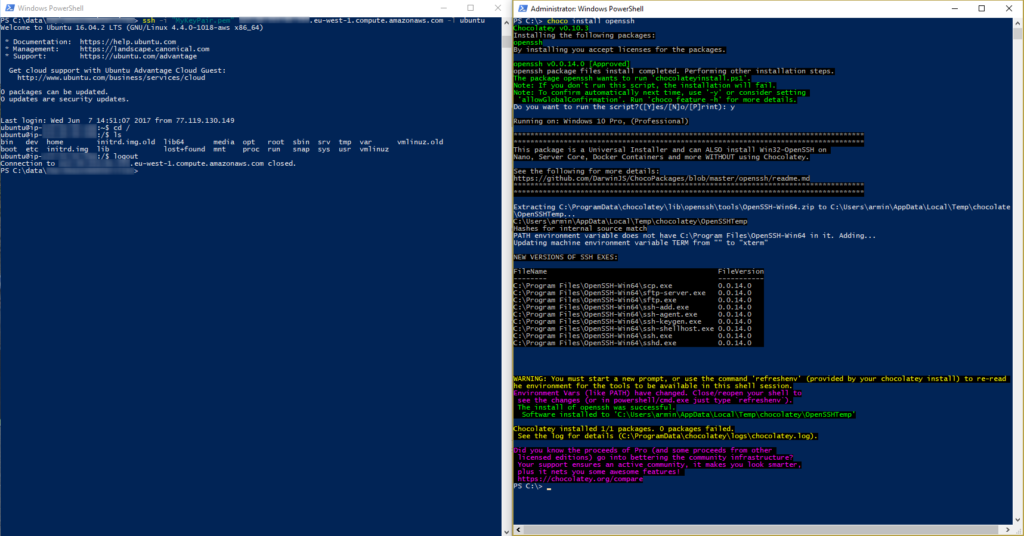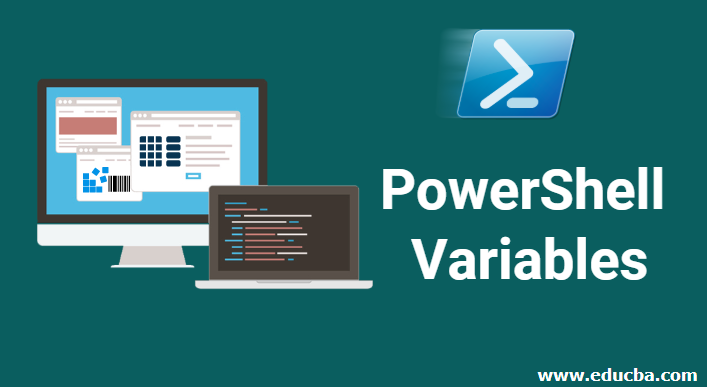

# Use *wildcards* to list variables by *name pattern* e.g, all whose # The output is implicitly *sorted by variable name*. # it isn't defined and instead refers to the standard utility of that name. # Avoid alias 'ls', because on Unix-like platforms To list the names and values of all environment variables in PowerShell, sorted by name, list the content (child items) of the env: PowerShell drive using the Get-ChildItem cmdlet (a built-in alias of which is gci): # 'gci' is a built-in alias of the 'Get-ChildItem' cmdlet. Oss is a built-in wrapper function for Out-String -Stream, and therefore returns each name-value pair as its own string pipe to Out-String (without -Stream) to get a single, multi-line string (albeit one that invariably and unexpectedly has a trailing newline - see GitHub issue #14444). Before proceed, we should enable powershell remoting to run remote commands.Since you were looking for a friendly string representation of the environment-variable name-value pairs: gci env: | oss We can get an environment variable from remote machine by running the above command using Invoke-Command. Get environment variable from Remote machine ::GetEnvironmentVariable("Temp","Machine") Likewise, the below command gets the current computer’s “Temp” directory path. The below command gets the current user’s “Temp” directory path. Instead of listing all the environment variables, we can use the function “ ::GetEnvironmentVariable” to get the value of specific environment variable.



Likewise, the below command lists only user specific environment variables ::GetEnvironmentVariables("User")įind specific (single) environment variable The below command lists only computer specific environment variables ::GetEnvironmentVariables("Machine") You can list machine specific environment variables or user specific environment variables using this function. The following command list all the local environment variables. We can get the list of environment variables using the.


 0 kommentar(er)
0 kommentar(er)
